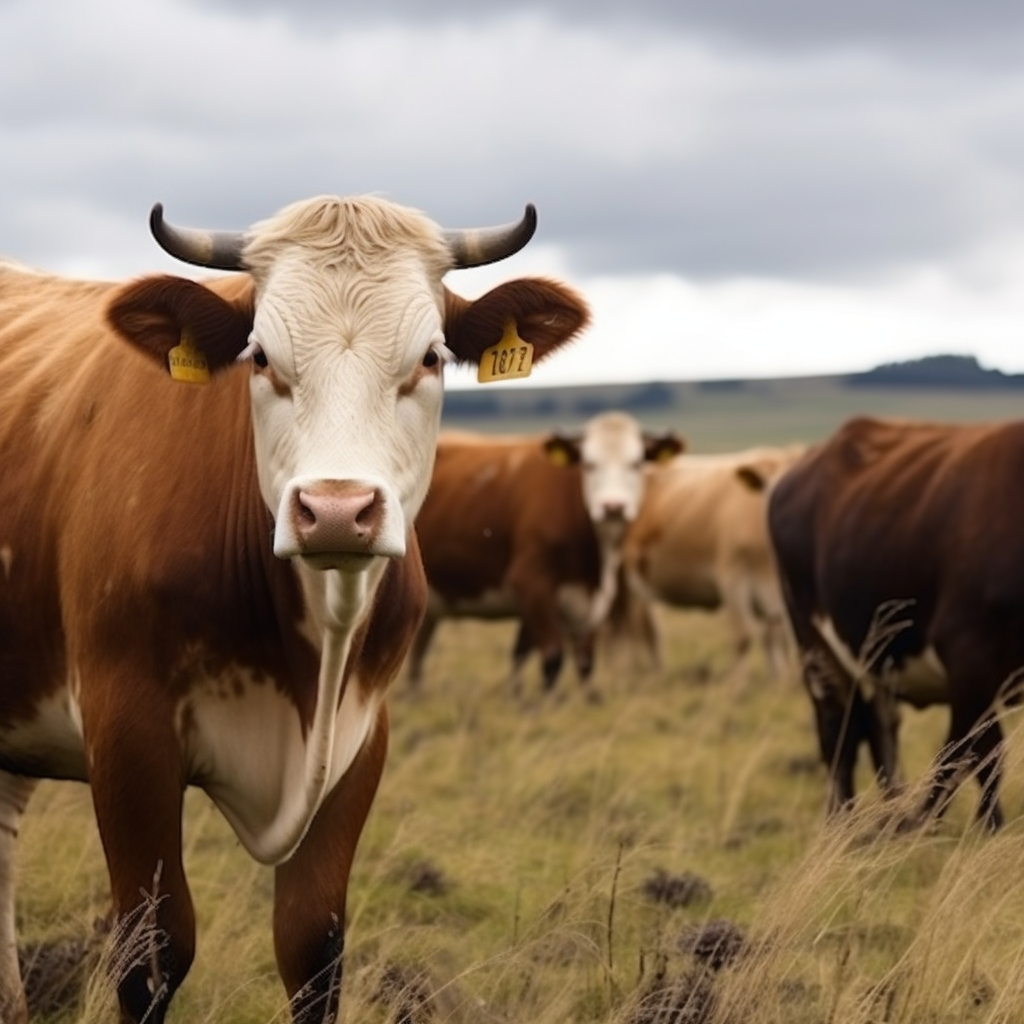April 25, 2024
Innovation in Livestock Farming – Combating Global Warming through Low-Methane Forages
Book a Demo
Methane, a potent greenhouse gas, has long been a concern in the fight against global warming. With the ability to trap heat 86 times more effectively than carbon dioxide over a 20-year period and 28 times more effectively over a 100-year period, its impact on our planet cannot be ignored. Alarmingly, methane emissions are responsible for 30% of global warming, with increasing emissions exacerbating the already critical issue.
Agriculture plays a significant role in the production of these greenhouse gases, specifically through livestock farming. This sector contributes to a staggering 42% of methane emissions, a large portion of which comes from enteric fermentation in livestock. Despite the environmental concerns, livestock farming remains a crucial source of income for over 500 million farmers worldwide, particularly in the Global South.
Moreover, livestock production plays a vital role in providing essential nutrients to millions of people. Animal-sourced foods are more affordable and accessible compared to biofortification and alternative proteins. This highlights the role of livestock production in meeting the nutritional needs of the world’s rapidly growing population, expected to reach 9.7 billion by 2050.
However, the pressing need to curb methane emissions without disrupting the vital role of livestock farming has prompted innovative solutions. A project led by three CGIAR Centers is currently developing low-methane forages. These could potentially reduce the contribution of livestock to methane emissions, thereby mitigating the environmental impact without significantly affecting the livelihoods dependent on this sector.
The project involves screening 70,000 forage accessions for compounds that can diminish methane emissions from livestock. The aim is to make a significant impact on global warming by reducing the methane emissions tied to livestock farming. Generously funded by the Bezos Earth Fund and the Bill & Melinda Gates Foundation, the project aspires to reduce enteric methane emissions from livestock farming by 1.5% by 2030. This reduction would be equivalent to the emissions of 7 million cars, a significant stride in our endeavors to combat climate change.
While livestock farming plays a crucial role in our global ecosystem, efforts are underway to reduce its environmental impact. Through innovative solutions like low-methane forages, we can continue to support the essential role of livestock farming while also making significant strides in our fight against global warming.
Science4Data is committed to cut through greenwashing and measure real impact. Join the journey to a sustainable future. Your actions matter.



